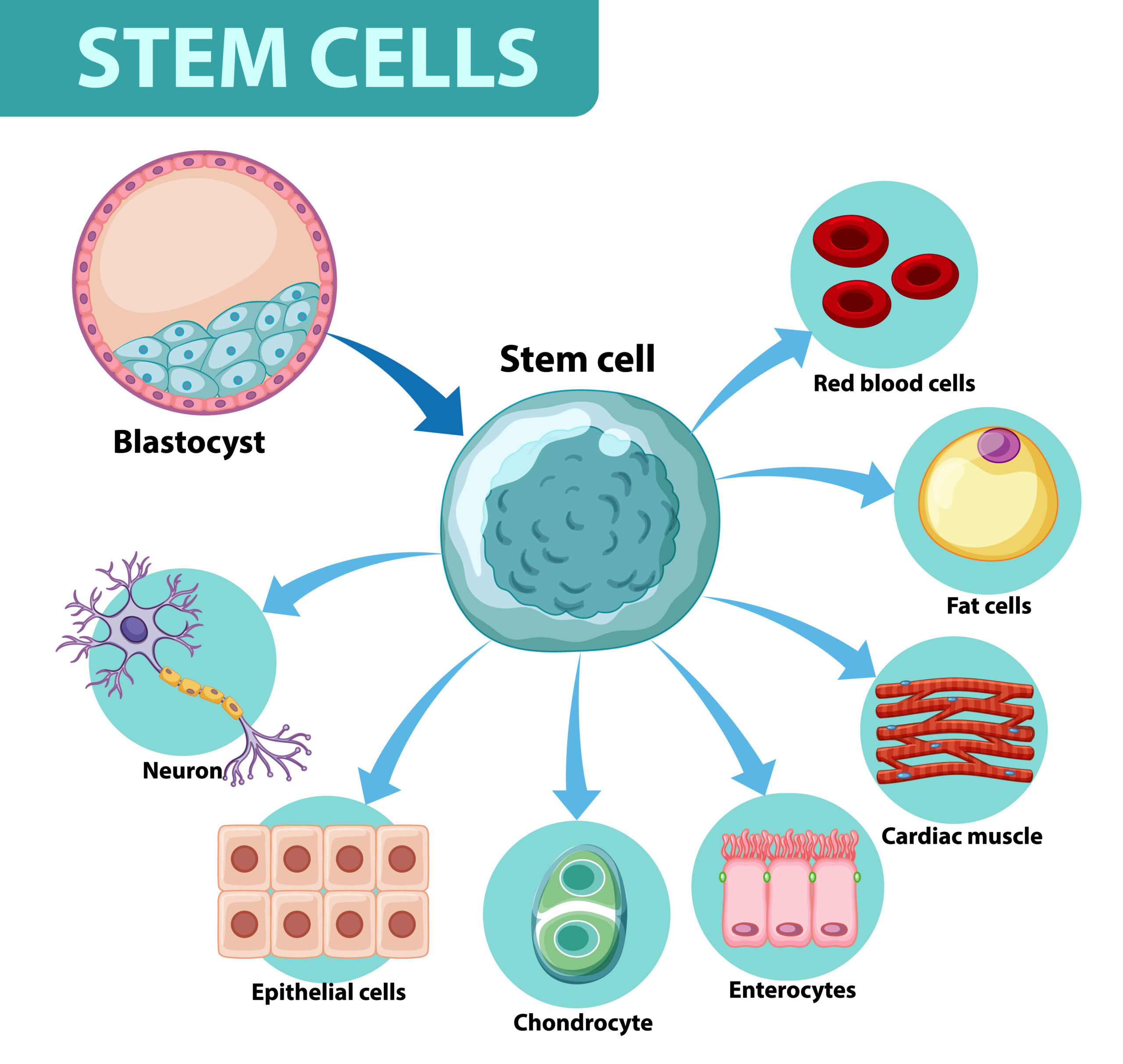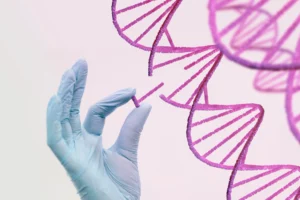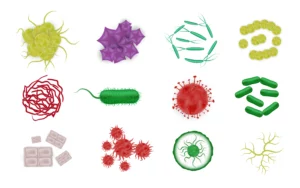In the intricate tapestry of life, there exists a remarkable group of cells with the potential to reshape our understanding of healing and tissue regeneration. These cells, known as stem cells, have captivated the imagination of scientists and medical researchers for decades due to their unique ability to transform into various cell types and contribute to the repair and renewal of damaged tissues. In this blog, we embark on a journey into the captivating world of stem cells, exploring their origins, characteristics, therapeutic potential, and ethical considerations.
The Diversity of Stem Cells
Stem cells come in various types, each with distinct properties and potential applications. Embryonic stem cells, derived from early-stage embryos, possess the remarkable ability to differentiate into any cell type in the body. Adult or somatic stem cells reside in specific tissues and help maintain and repair those tissues throughout life. Induced pluripotent stem cells (iPSCs) are artificially generated by reprogramming adult cells, mimicking the properties of embryonic stem cells. These diverse stem cell populations hold the key to understanding development, disease, and the art of regeneration.
The Power of Differentiation
One of the most extraordinary aspects of stem cells is their capacity for differentiation. As an embryo develops, stem cells gradually specialize into the various cell types that form our organs, tissues, and bodily systems. This process is tightly regulated by intricate molecular cues, ensuring that each cell contributes to the overall harmony of the body. Harnessing this power of differentiation opens doors to a wide range of medical possibilities, from generating replacement tissues for transplantation to modeling diseases in the laboratory.
Stem Cells in Medicine
Stem cells offer immense potential in regenerative medicine. Researchers envision a future where damaged organs and tissues can be repaired or replaced using stem cell-based therapies. For example, patients with Parkinson’s disease could receive dopamine-producing neurons, and individuals with spinal cord injuries might regain lost mobility through nerve cell regeneration. Clinical trials are already underway to assess the safety and effectiveness of stem cell treatments for conditions like heart disease, diabetes, and certain types of blindness.
Ethical Considerations and Research Guidelines
The exploration of stem cells has also raised complex ethical questions. The use of embryonic stem cells involves the destruction of embryos, leading to ethical debates over the beginning of human life. However, advancements in research have led to the development of alternative approaches, such as iPSCs, which bypass these concerns. Governments and scientific communities worldwide have established guidelines and regulations to ensure that stem cell research is conducted responsibly and ethically.
The Road Ahead: Challenges and Promise
While the potential of stem cells is vast, there remain challenges to overcome. The safety and long-term effects of stem cell therapies require rigorous testing and validation. Additionally, the process of directing stem cells to differentiate into specific cell types with high efficiency is a complex puzzle that scientists are diligently working to solve. As research continues, the promise of harnessing stem cells to revolutionize medicine and enhance our understanding of biology is both exciting and inspiring.
Stem cells, the versatile architects of life, hold the key to a future where regenerating damaged tissues and treating degenerative diseases are not just dreams, but tangible realities. The intricate dance of differentiation, the potential for personalized medicine, and the ethical considerations surrounding stem cell research all shape a narrative of scientific discovery that continues to unfold. As we delve deeper into the mysteries of stem cells, we embrace a future where the boundaries of healing and regeneration are pushed further, bringing hope to countless lives and paving the way for a new era of medical possibilities.





Leave a Reply
You must be logged in to post a comment.